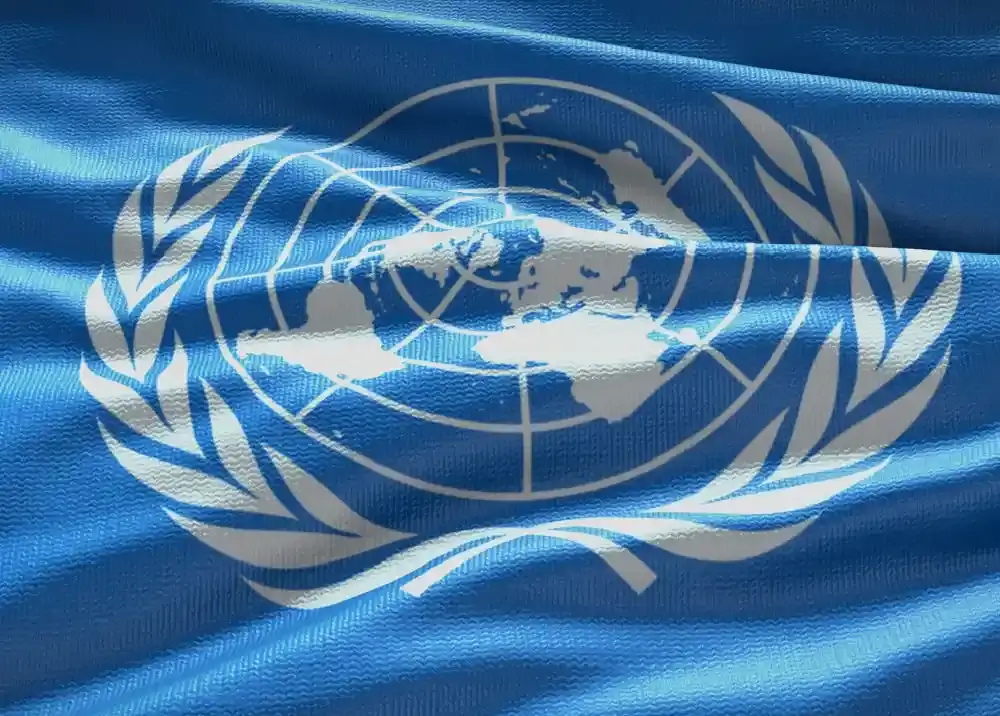During a press conference, the United Nations Secretary-General António Guterres made a groundbreaking announcement: the creation of a new AI Advisory Body. This body will provide support to the international community’s efforts to govern artificial intelligence, a rapidly evolving technology that has the potential to transform the world as we know it.
The High-Level Multistakeholder Advisory Body on Artificial Intelligence will undertake analysis and provide recommendations on the risks, opportunities, and international governance of artificial intelligence. The body will foster a globally inclusive approach by convening a multi-stakeholder group of experts from various fields, including academia, civil society, industry, and governments.
The Secretary-General emphasized the importance of ensuring that artificial intelligence is developed and used in a way that is safe, ethical, and respects human rights. He pointed out that AI has the potential to scale up and amplify the work of governments, civil society, and the UN, from predicting and addressing crises to rolling out public health and education services. However, he also cautioned that the malicious use of AI could undermine trust in institutions, weaken social cohesion, and threaten democracy itself.
The members of the advisory body were announced during the press conference. They include experts from various countries and fields, such as academia, civil society, and industry. The body is comprised of 39 experts from across the world, and membership is gender-balanced, geographically diverse, and multigenerational. The members will examine the risks, opportunities, and international governance of these technologies and make recommendations by the end of the year on the areas of international governance of AI, shared understanding of risks and challenges, and key opportunities and enablers.
The creation of the AI Advisory Body is a significant step towards ensuring that artificial intelligence is developed and used in a way that benefits humanity and respects human rights. The body will provide valuable insights and recommendations on the risks and opportunities of artificial intelligence, as well as on international governance of this rapidly evolving technology. The UN’s efforts to address issues in the international governance of artificial intelligence will foster a globally inclusive approach, drawing on the UN’s unique convening power as a universal and inclusive forum on critical challenges.











